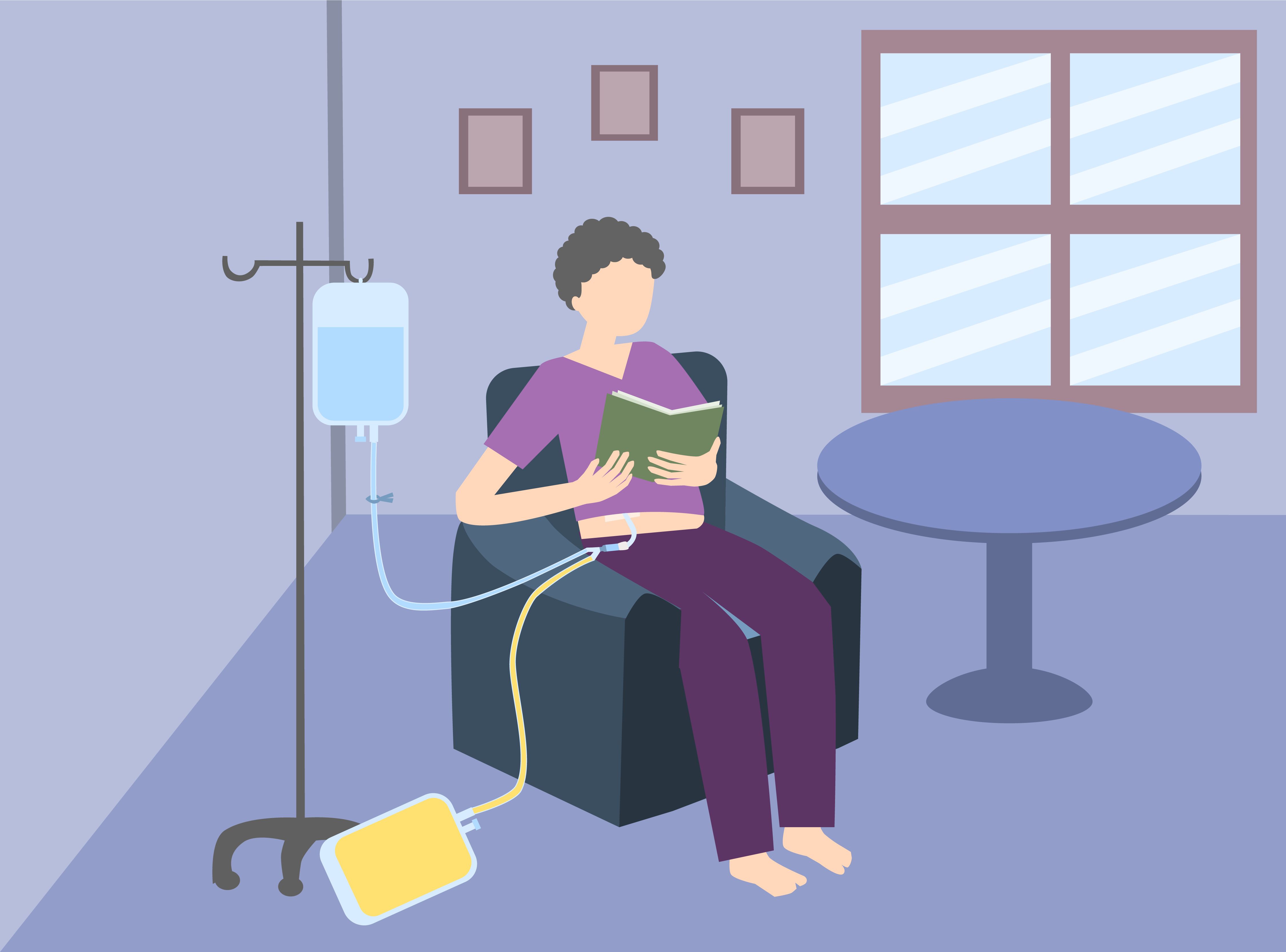- Center on Health Equity & Access
- Clinical
- Health Care Cost
- Health Care Delivery
- Insurance
- Policy
- Technology
- Value-Based Care
Insomnia in Patients Undergoing Dialysis Not Impacted by CBT nor Pharmacotherapy
Insomnia in patients undergoing hemodialysis was not found to be significantly affected by cognitive behavioral therapy for insomnia (CBT-I) or pharmacotherapy.
Cognitive behavioral therapy for insomnia (CBT-I) was ineffective at 6 weeks in patients with insomnia who were undergoing hemodialysis, according to a recent study published in Annals of Internal Medicine.
Patient Undergoing Dialysis Model | image credit: April Tarathai - stock.adobe.com

Insomnia is very common among patients who are undergoing dialysis, affecting up to 50%. The routines associated with dialysis that may interrupt sleep cycles and lead to naps during sessions, as well as a higher prevalence of depression and anxiety in these patients, are thought to influence the high insomnia rates.
CBT-I has provided benefits to affected individuals and is presently recommended as an initial-line therapy. Pharmacotherapeutic approaches, such as trazodone, have also been helpful; however, side effects and the burden associated with piling on more pills make these forms of treatment less desirable.
“The evidence for efficacy and safety of insomnia treatments cannot be extrapolated to persons undergoing long-term dialysis because their sleep–wake schedule may fluctuate substantially through the week based on their hemodialysis schedule,” the authors of the study wrote.
Recognizing this, they conducted a study to investigate and compare the short- and long-term safety and efficacy of CBT-I administered by trazodone, telehealth, and a placebo in the treatment of patients with chronic insomnia who receive in-center hemodialysis.
Patients were recruited across 26 community-based dialysis units throughout Seattle, Washington, and Albuquerque, New Mexico. Participants initially completed the Insomnia Severity Index (ISI) questionnaire and were invited for further screening if they scored a 1- or above (mild insomnia: 8-14; moderate insomnia: 15-21; severe insomnia: 22-28). Subsequently, they entered a 7-day period where they kept personal sleep diaries. Immediately following, participants were randomly assigned 1:1:1 to trazodone, telehealth CBT-I, or placebo group for 6 weeks. Telehealth CBT-I included patient-tailored components regarding sleep scheduling, stimulus control, mindfulness, and sleep attitudes, among other typical treatment approaches for insomnia.
A total of 126 patients were eligible for participation and followed for a median of 174 days after their randomization. Changes in ISI scores were the researchers’ primary outcome and these scores decreased across all groups; however, these changes in the trazodone and CBT-I group were not significant compared with the placebo. These results were true at both the 7- and 25-week follow-up.
Secondary outcomes included changes in patients’ Pittsburgh Sleep Quality Index (PSQI) scores, as well as other patient-reported measures such as the Patient Health Questionnaire-9, Generalized Anxiety Disorder-7, Short Form-12 quality of life scale, Functional Assessment of Chronic Illness Therapy-Fatigue Scale, and more. The authors’ analysis, similar to their assessment of ISI scores, did not reveal any significant associations in any of the groups relative to their patient-reported outcomes.
The trazodone group did experience adverse cardiovascular events at rates of 1.83 (95% CI, 1.29-2.53) compared with 0.79 (95% CI, 0.44-1.30) in the CBT-I group. “The risk for adverse events with drug therapy is likely to be greater among patients undergoing long-term dialysis given the high prevalence of multimorbidity and a high pill and high symptom burden,” the authors wrote.
While their findings demonstrate increased risks associated with trazodone in the treatment of insomnia, neither trazodone nor CBT-I significantly contributed to improving patients’ insomnia. The authors advocated for future research to investigate more beneficial therapies to mitigate the high burden and prevalence of insomnia in this patient population.
Reference
Mehrotra R, Cukor D, McCurry SM, et al. Effectiveness of existing insomnia therapies for patients undergoing hemodialysis: A randomized clinical trial. Ann Intern Med. 2024 Jan 16. doi: 10.7326/M23-1794
